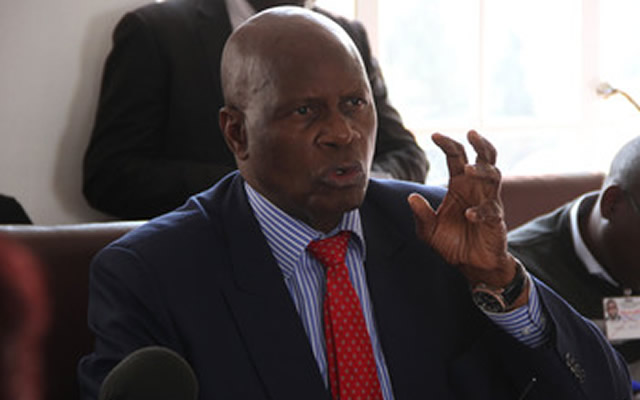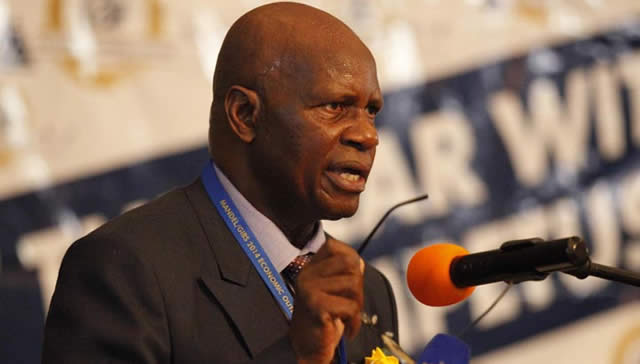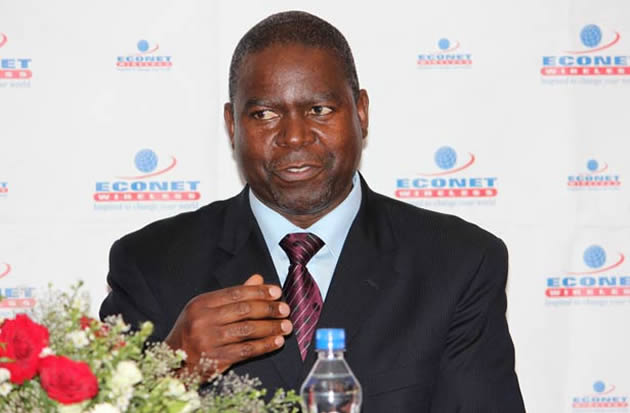Zim economy projected to grow 2.7 percent

Harare Bureau—
ZIMBABWE’S economy is projected to grow 2.7 percent next year, largely driven by agriculture and mining, according to the Ministry of Finance’s 2016 Budget Strategy Paper. This represents almost double the projected growth from 1.5 percent this year, which was revised downwards from the initial 3,2 percent following a poor agriculture season.
Finance and Economic Development Minister Patrick Chinamasa will announce the national budget on Thursday with measures to stimulate faster economic growth among key areas of focus. Based on a 2.7 percent growth in 2016, total revenues of about $3,85 billion are projected.
The government has identified priority areas under agriculture and food security as financing and inputs supply, climate change, productivity, marketing, livestock development.
Agriculture is the mainstay of Zimbabwe’s economy and accounts for 16 percent of the gross domestic product. It is the biggest employer and provides over 60 percent of raw materials to industry. The government has already moved in to support the sector after unveiling inputs package for cotton farmers.
This will be replicated to other strategic crops. On the other hand, banks have set aside about $1 billion to support the sector this season. Under mining, priority areas identified include roadmap on platinum processing; establishment of Special Economic Zones, amendment to the Mines and Minerals Act, consolidation of the diamond sector, review of mining fiscal regime, the Ministry said.
Mining, which accounts for the second biggest chunk of the country’s GDP is also expected to drive growth on increased production and improvement in global metal prices. This year, the mining sector is expected to grow by 3.5 percent, after it was revised upwards from 3.1 percent.
Priority areas under the manufacturing sectors include monitoring of customs duties on inputs into production and other trade measures, establishment of Special Economic Zones to attract investment, power generation, labour market flexibility and operationalisation of the National Competitiveness Commission, the Ministry said.
To support small and medium enterprises, women and youth, the government would review the co-operatives policy and legislation; as well as scale up entrepreneurship training. Tourism, where moderate growth rates of above 4 percent are anticipated, priority issues include relaxing the visa regime, promotion of open skies policy and a setting up the Tourism Special Economic Zone.
The government will also strengthen revenue collection, plug revenue leakages, strengthen revenue administration and rationalise tax expenditure to meet its revenue target.
On expenditure, the emphasis is placed on corrective measures to ensure more efficient delivery of social protection and inclusion, health care services, and elimination of domestic payment arrears. Inflation is projected to remain subdued at an average of 1.2 percent.








Comments